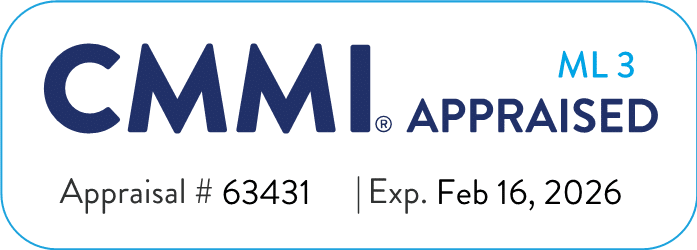Each year, the Federal Government makes billions of dollars in improper payments. Improper payments can take the form of overpayments, payments to the wrong person, or payments for the wrong reason. Two examples of improper payments include the Federal Government paying $180 million to 20,000 dead individuals over a three-year period, as well as paying $230 million to approximately 14,000 fugitive felons, or individuals in jail, who are ineligible for benefits.
How IPERA Changes the Way the Government Approaches Improper Payments
In 2010, Congress passed and the President signed the Improper Payments Elimination and Recovery Act (IPERA). Prior to passage of IPERA, the President issued an executive order in November 2009 to boost transparency, hold agencies accountable, and create incentives for eliminating improper payments. Following up on the executive order, the President directed agencies to intensify and expand payment recapture audits and ordered the establishment of a Do Not Pay List to allow agencies to check the eligibility of individuals or contractors for payment.
Since the passage of IPERA, the Office of Management and Budget has made changes on how to classify improper payments. The goal of these IPERA classification changes is to better link improper payments to root causes, which in turn lead to more effective corrective actions. The root cause categories starting in fiscal year 2015 are as follows:
- Program design or structural issue
- Inability to authenticate eligibility
- Failure to verify data
- Administrative or process errors
- Medical necessity
- Insufficient documentation to determine
- Other reason
Learn how we can help you identify overpayments
IPERA also outlines the actions agencies must take to achieve compliance, which include annual risk assessments and payment recovery audits. Each agency’s Office of Inspector General (OIG) is responsible for determining agency compliance with IPERA, which authorizes agency heads to use recovered funds for improving financial management, supporting the agency’s OIG, and furthering the original intent of the funding.
How IntegrityM Can Improve Agency Efforts to Identify and Reduce Improper Payments
IntegrityM has a wealth of experience identifying improper payments across the seven categories listed in the Improper Payment Elimination and Recovery Act. Our work on all aspects of Medicare & Medicaid program integrity results in identification of substantial improper payments annually. To identify the root causes of improper payments, we use one of several techniques, depending on the nature of the deficiency.
Identifying Overpayments
A common root cause identification technique — the 5 Whys — is used to peel away the layers of a situation to determine the primary cause. By asking why? up to five times, our team can gain a better understanding of a program and where it’s problems lie. Other root cause identification techniques used include drill down and cause-effect diagramming. Drilling down works a bit like the 5 Whys, in that we keep drilling down — breaking the deficiency apart into smaller pieces — until we clearly see the cause. Cause-effect diagramming allows us to see an event and hone in on the cause, which allows us to identify breakdowns in a process, including the root cause breakdown.
Preventing Future Occurrences
After identifying the root cause, we work with program managers to develop an effective corrective action plan, or CAP. CAP’s outline actions that agencies must take to address the root causes, which in turn corrects the improper payments. We have developed effective working relationships with CAP process owners, resulting in efficient and effective coordination of action items.
We have on staff former Federal OIG auditors and evaluators. Based on their average 30 years of experience, these team members are expert at conducting root cause analysis in accordance with the Generally Accepted Government Auditing Standards (GAGAS), commonly known as the Yellow Book, and the Quality Standards for Inspection and Evaluation, issued by the Council of Inspectors General on Integrity and Efficiency.
Speak with an Expert About IPERA & Identifying Improper Payments
Whether auditing Medicaid claims, investigating Medicare providers, performing medical reviews, or providing sampling and extrapolation support, IntegrityM is leading the way in improper payment identification.
The experts at IntegrityM have extensive knowledge of the Improper Payments Elimination and Recovery Act and can help your agency identify and reduce improper payments. For additional information on our methodology, call us today at (703) 535-1400 or contact us online for more information.











